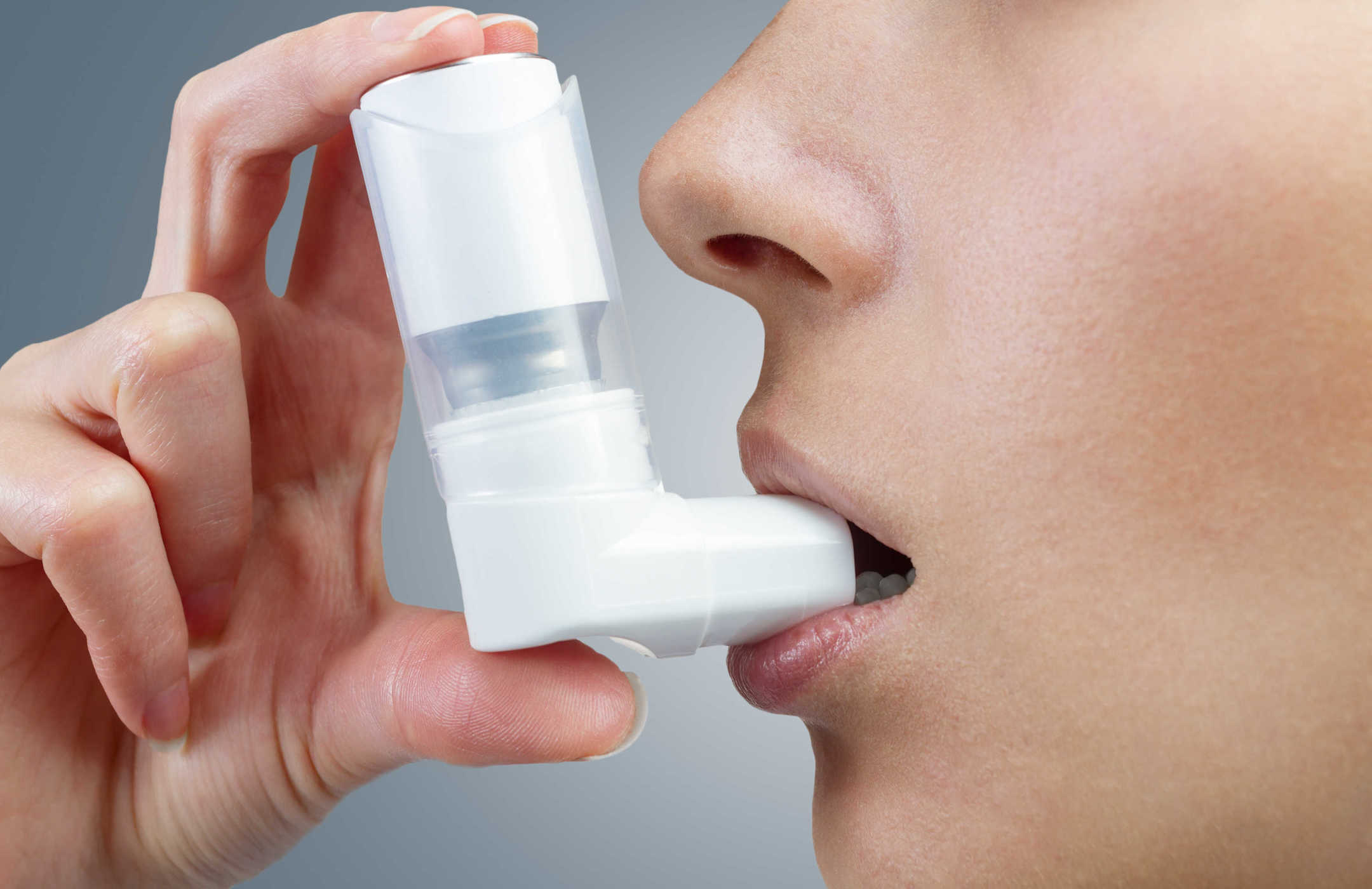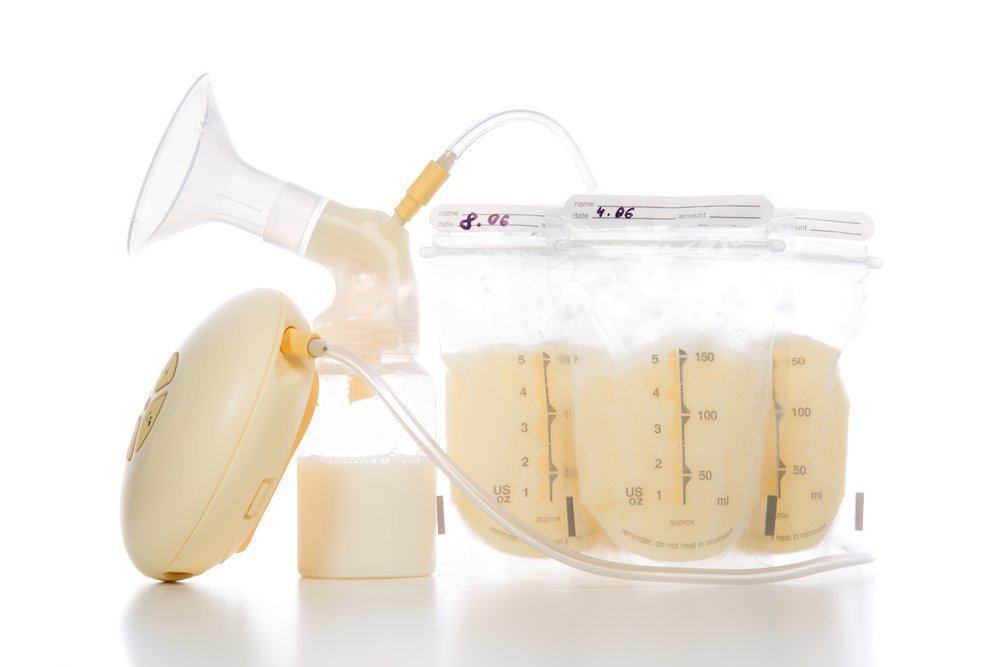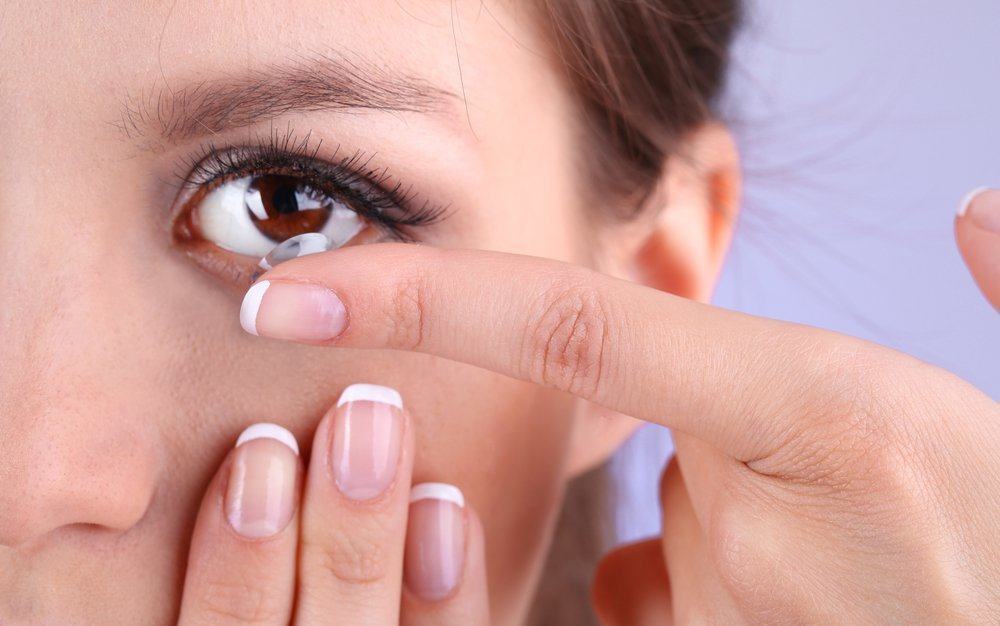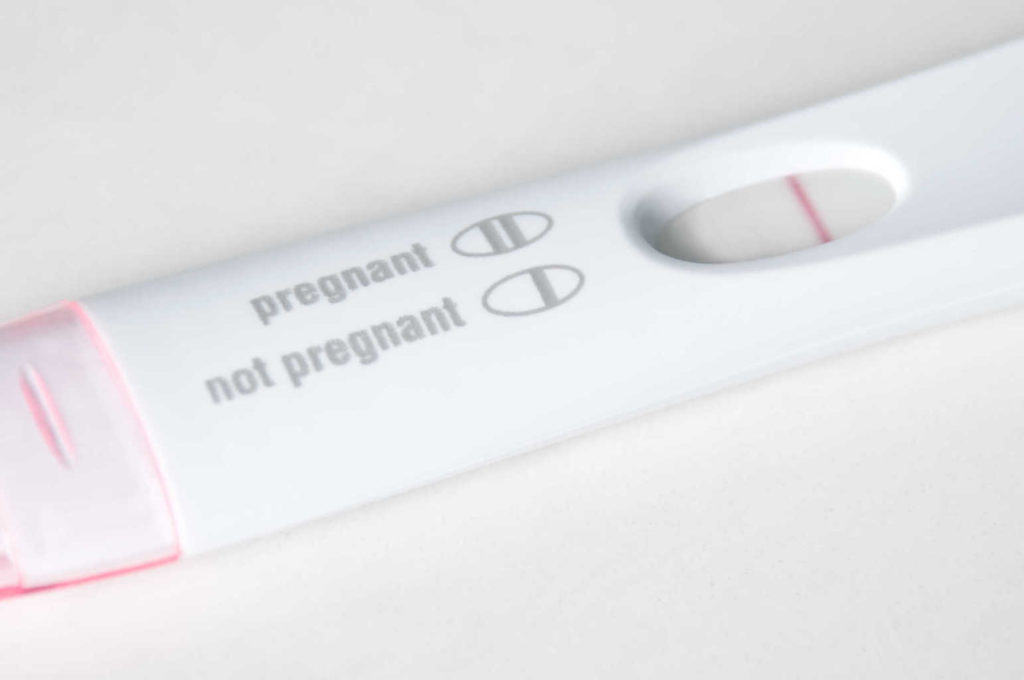Contents:
- Medical Video: Asthma & Allergy Tip: Respiratory Allergies
- Causes of allergic asthma
- Symptoms of allergic asthma
- Deal with allergic asthma
- Complications from allergic asthma
- Prevent allergic asthma
Medical Video: Asthma & Allergy Tip: Respiratory Allergies
Allergic asthma is asthma caused by an allergic reaction, or commonly called allergy-induced asthma.
People with allergic asthma usually begin to feel the symptoms of asthma after breathing air and its asthma triggers such as pollen. Asthma and Allergy Foundation of America report that more than half of people with asthma have allergies. Asthma allergies can be treated in most cases.
Causes of allergic asthma
People have allergies if their immune system overreacts to the presence of substances that are actually harmless. This substance is called an allergen. Common symptoms of allergies include itching and swelling. However, some people also experience breathing problems when inhaling allergens. This is called allergic asthma. Allergic asthma arises when the respiratory tract swells due to allergens.
In general, only inhaled allergens can cause asthma. Some allergens that can cause this condition are:
- pollen
- pet fur
- dust
Kecoka, milk, fish, shellfish, eggs, beans, and pea trees can also cause allergic asthma. However, the reaction of asthma to this allergen is not common.
Symptoms of allergic asthma
The symptoms of this type of asthma are similar to other asthma symptoms. Includes:
- wheezing
- cough
- tightness in the chest
- gasping for breath
- short breath
If you have a fever and skin allergy to allergens, you might also feel:
- itching on the skin
- rash
- cracked skin
- runny nose
- itchy eyes
- watery eyes
- blocked nose
If you swallow an allergen, these symptoms can also appear:
- itchy
- swelling of the face and tongue
- itchy mouth
- swelling of the mouth, throat, or lips
- anaphylaxis (dangerous allergic reaction)
Deal with allergic asthma
There are 3 types of treatment that can be used to treat allergic asthma. Some work with your body's reaction to allergens, some are in the form of drugs that work by dealing with asthma and lungs. The first type can be used for long-term care and is consumed every day. The other two types can be used as emergency medicine.
The most commonly used allergic drugs are:
- Allergy injections: immunotherapy can gradually reduce your body's immune response. To do this, an immunologist will inject you with a small number of allergens over a period of time. Then later, your immune system will no longer react to these allergens specifically.
- Antihistamines: this treatment can reduce the immune system's allergic response to allergens.
- Montelukast: this treatment can relieve the symptoms of allergic rhinitis, or symptoms that you experience when you inhale allergens.
- Nasal sprays: nasal sprays depend on the uterus, usually only relieve symptoms.
- Eye drops: these eye drops can wash allergens in the eye and depend on the contents whether to prevent allergy symptoms such as runny, and itchy.
- Treatment of emergency allergies: emergency medications such as epinephrine are used for the treatment of some allergic responses such as anaphylaxis.
- Topical treatments: ointments and creams can easily relieve allergic symptoms that appear on your skin, such as rashes and itching.
- Immunomodulator: this treatment works by suppressing the immune system and preventing excessive reactions to allergens.
- Oral corticosteroids: this type of treatment can overcome severe allergic responses and can be used to treat emergency asthma.
The most common treatment advice given to people with asthma include:
- Long-term treatment: this treatment is taken every day to suppress asthma symptoms.
- Short-acting-beta-agonists: this treatment provides a quick and temporary antidote. Bronchodilators are one type of treatment.
- Inhaled corticosteroids: this inhaled drug can be used for the long term in preventing and controlling symptoms. Inhaled corticosteroids are sometimes used with long-acting-beta-agonists to make treatment more effective over a long period of time.
- Quick treatment: You can take this treatment when asthma symptoms appear.
Complications from allergic asthma
Allergic asthma can be a serious problem. One of them is anaphylaxis. This type of severe asthma reaction has symptoms such as:
- rash
- swelling of the mouth or face
- difficulty swallowing
- nervous
- confused
- cough
- diarrhea
- fainted
- blocked nose
- slurred talk
Anaphylaxis that is not treated can be life threatening. This attack can cause problems such as abnormal heartbeat, weakness, low blood pressure, increased heart rate, heart and lung disorders.
Prevent allergic asthma
Allergic asthma attacks cannot always be prevented. However, you might be able to make it rare to relapse by changing your environment.
At home
Vacuum dust regularly and use HEPA filters. This can reduce the number of allergens in your environment.
Keep your windows and doors closed when pollen is heavy. Pollen is a common allergen. This substance triggers asthma, and the symptoms are accompanied by fever. If pollen changes your voice, contact your doctor.
Do not use air conditioning or fans that smell like mushrooms. Buy new equipment if needed. Fungi can trigger asthma and allergic symptoms. Potentially also life threatening when inhaled. Avoid tracing any mold from the wall or floor using a fungus exterminator.
Additional protection
- Use a dehumidifier or air conditioner if the humidity in your home reaches below 40%.
- Avoid the presence of animals in the house if you are allergic to them. With severe allergies, you need to really avoid animals.
- Clean it with disinfecting your kitchen and bathroom to prevent cockroaches from appearing.
- Use HEPA masks when gardening. This can prevent you from breathing pollen or mold.












